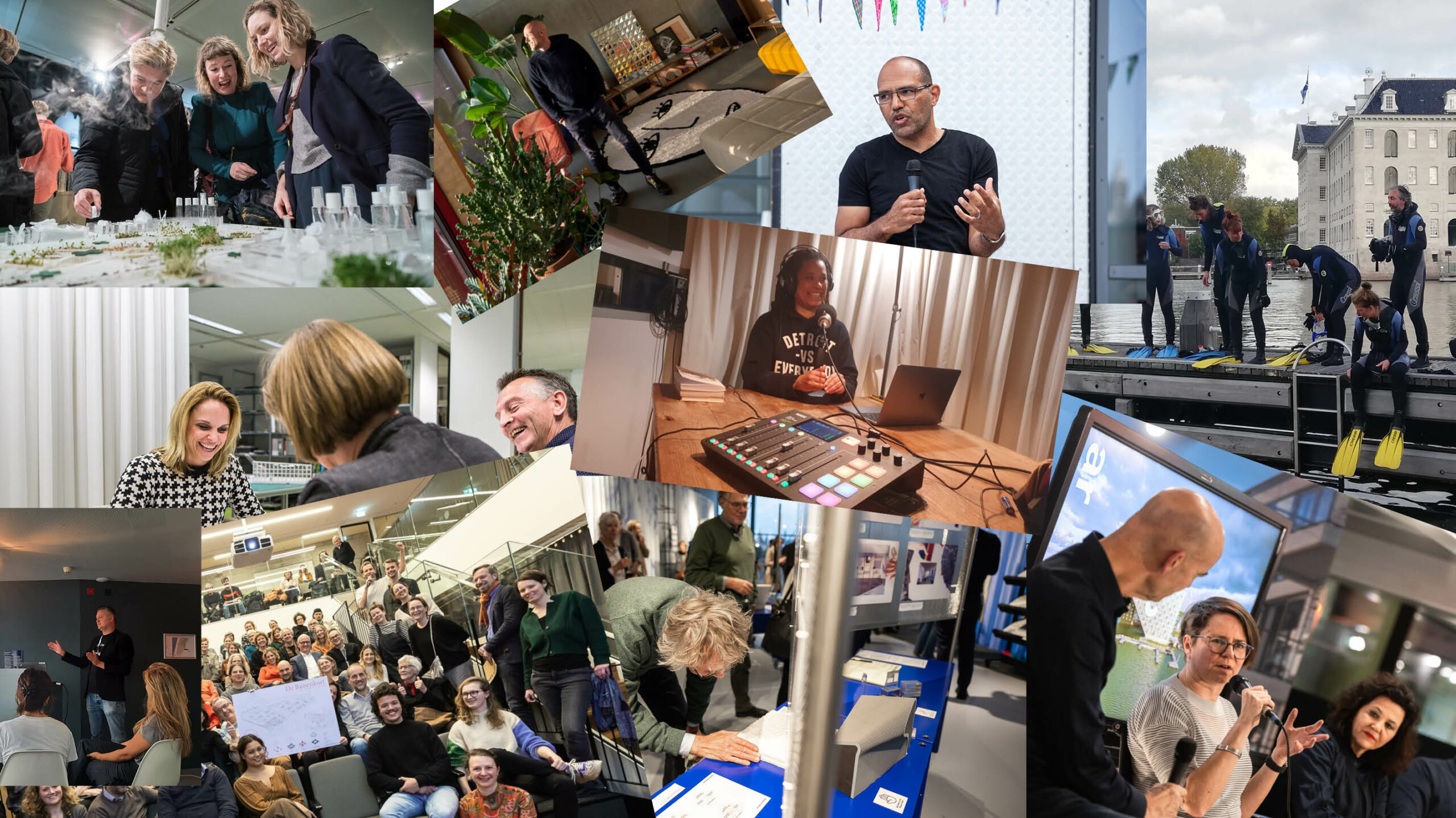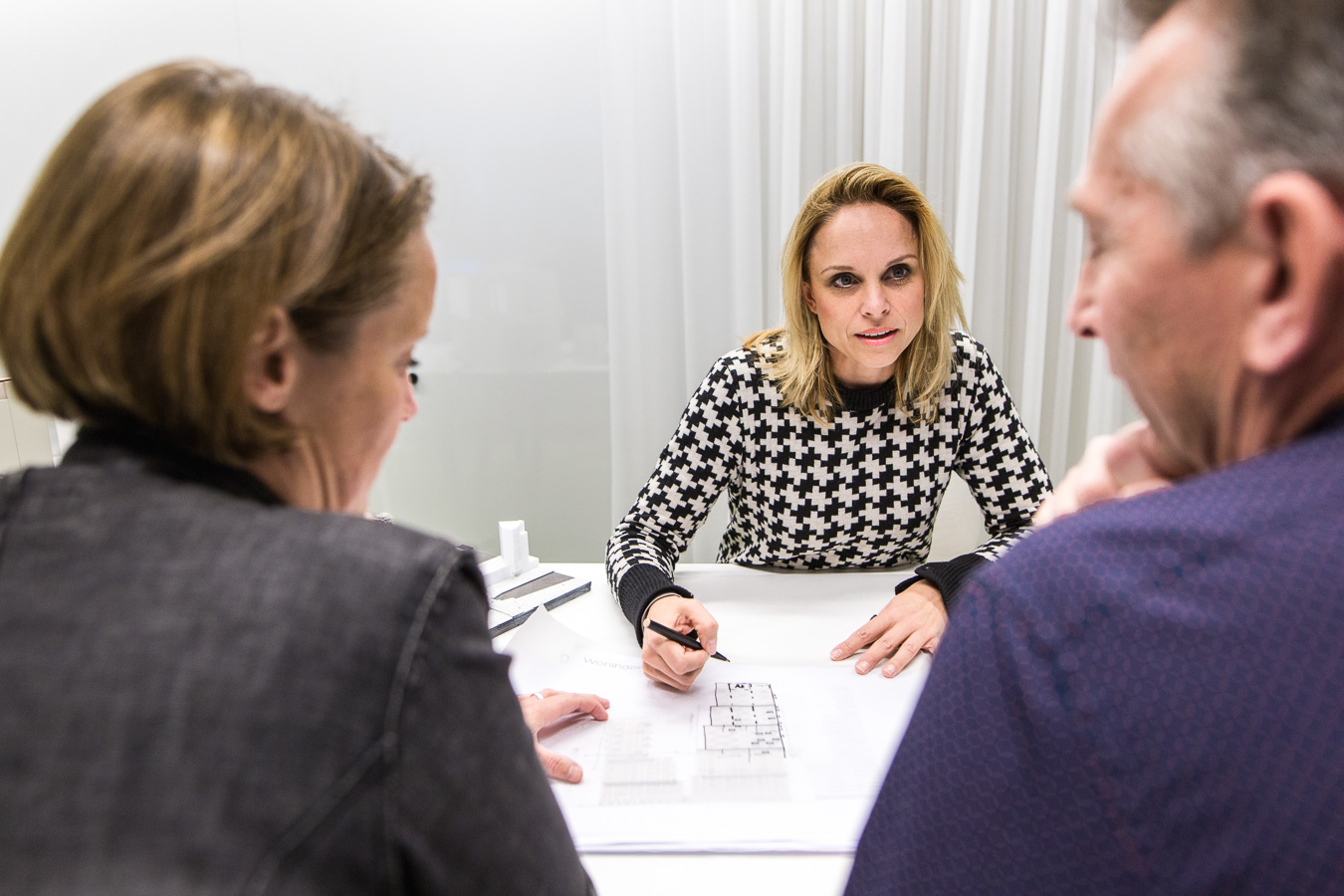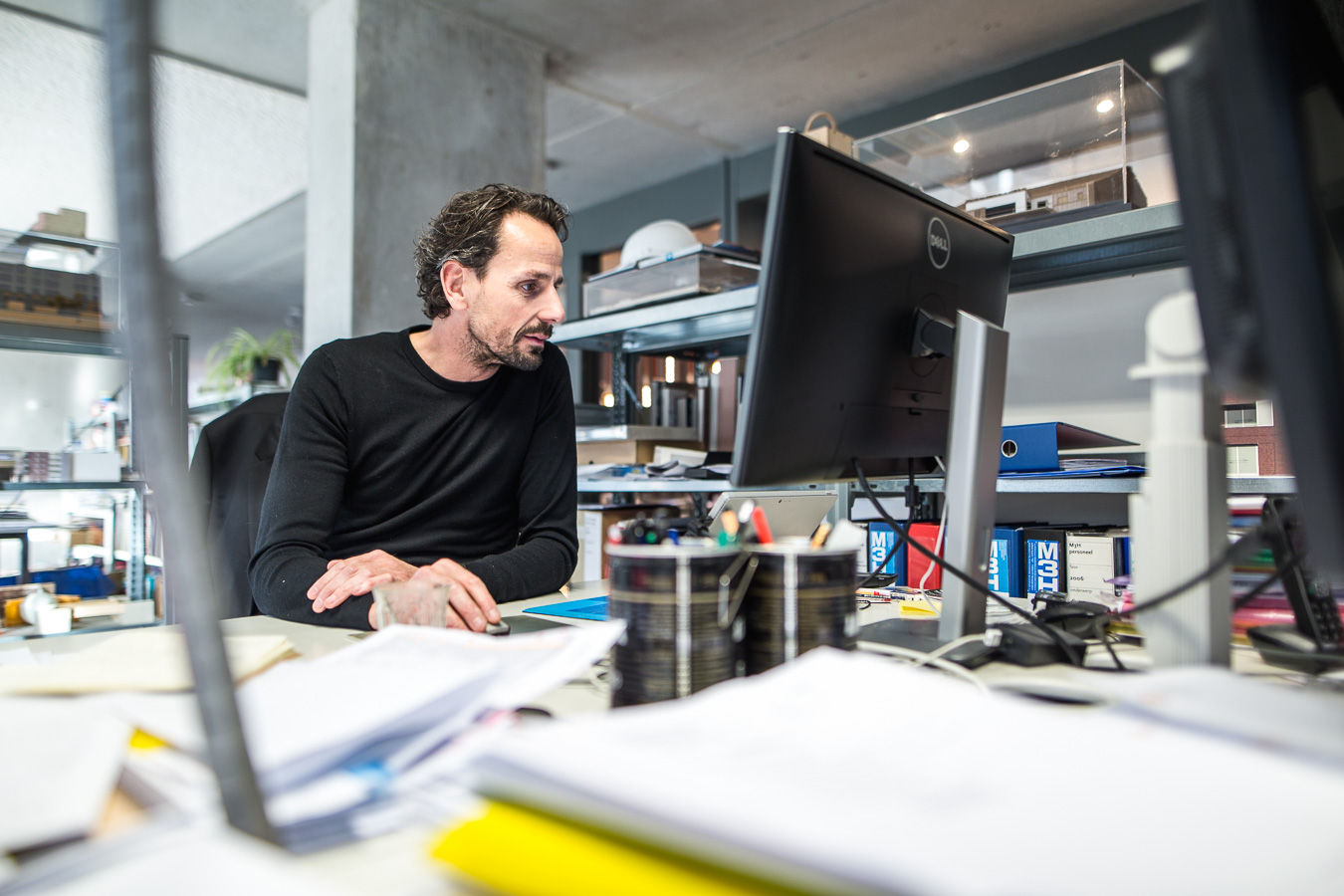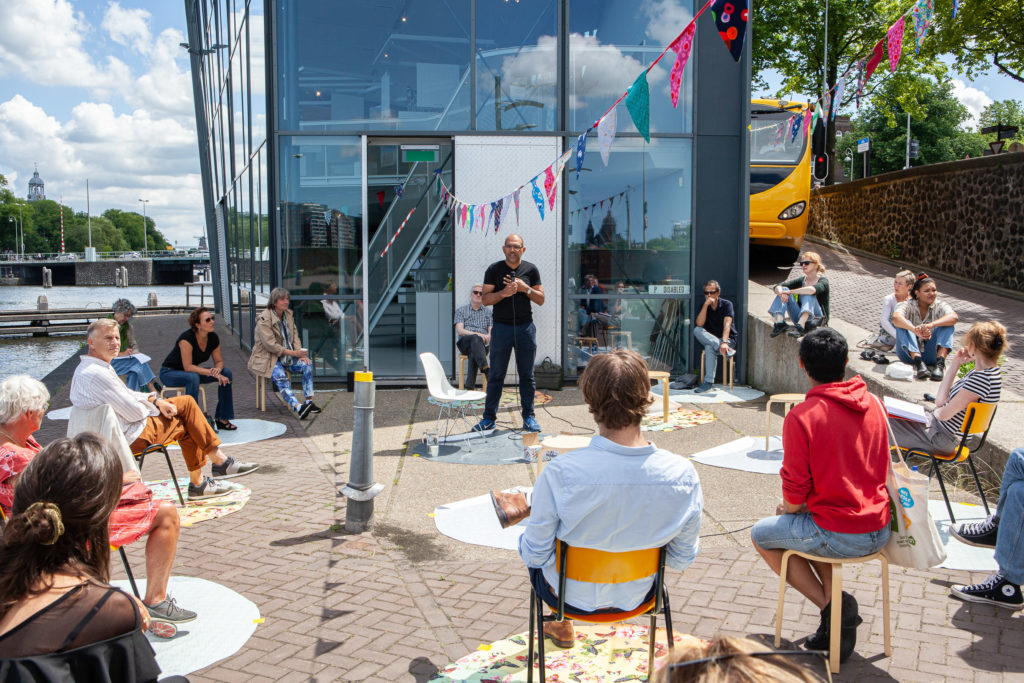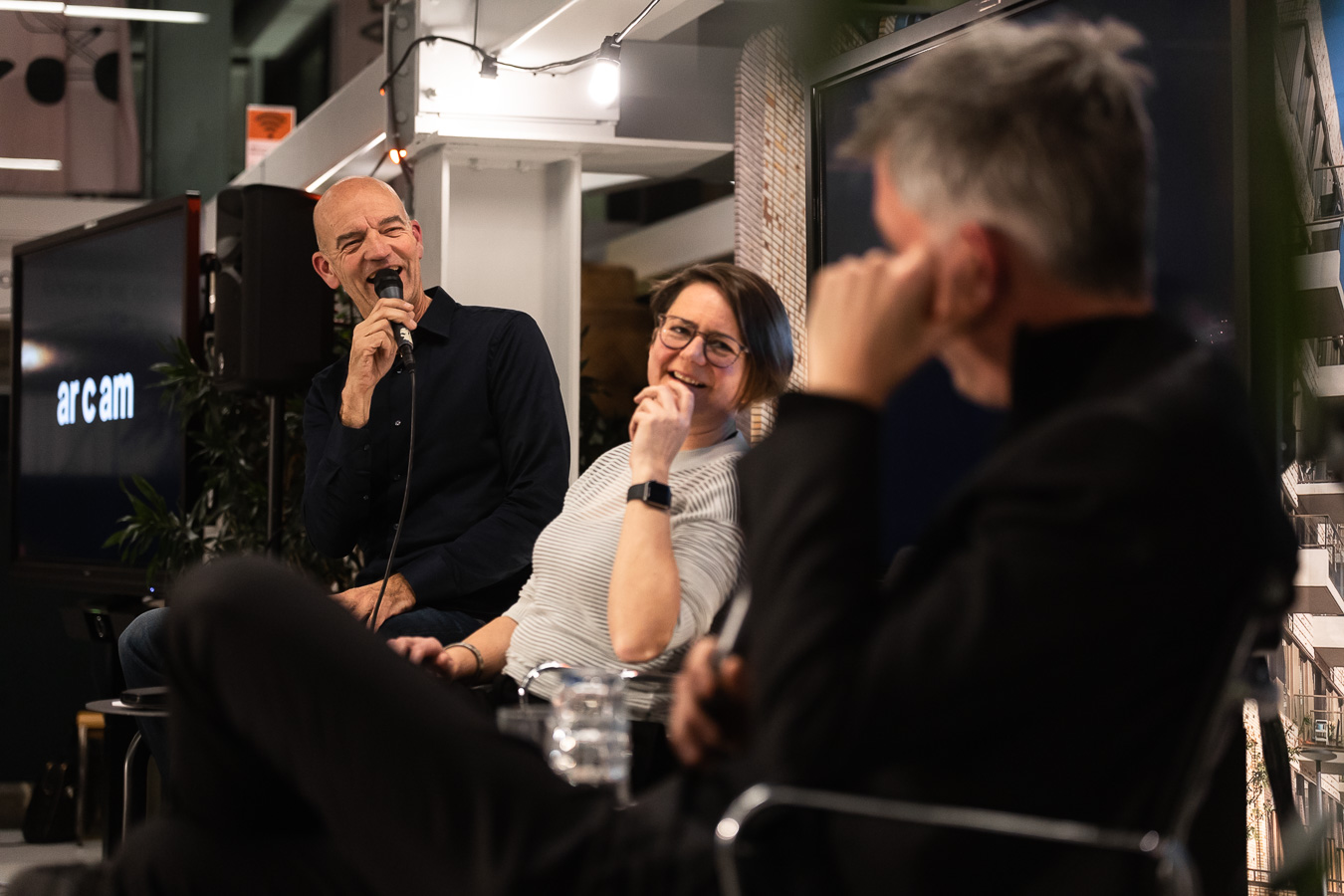Arcam is looking for two new Architects in Residence, each for a 4-month period, to shape their ideas and findings through a platform provided by Arcam.
Are you a (landscape) architect or urban planner at the forefront of the professional community?
Are you someone who enjoys scrutinizing your role as a designer?
We are seeking two designers (or design collectives) who have recently done research or developed ideas that deserve attention and discussion within a broader design community.
Deadline Thursday 25 January 2024 23.59h.
Who may participate?
- Participation in the Open Call applies to (landscape) architects and urban planners living/established in the Netherlands (to maximize availability and keep travel costs affordable).
- The call involves collaboration with a researcher/designer from outside the Netherlands. The goal is to include methods, case studies, or projects in your proposal that have served as a point of reference or source of inspiration for you.
What must you do/accomplish?
- Define an important issue for the role of architecture in society, based on research or ideas that you would like to address/question;
- Involve an international research/platform or designer;
- Draft a programme that involves the design community (event, short articles for our website);
- Create a small exhibit/presentation of your thinking and approach in 1 cabinet in the Arcam gallery.
What can you expect from Arcam?
- Organisation and support in putting together programmes (event/mini-exhibition);
- Assistance and a sounding board during your Residency;
- Editing and posting your content on our website;
- Promotion of your Residency (website/social media/external media);
- Overview of deadlines and planning;
- Budget management and handling invoices and payments.
What are you required to submit?
- A brief description of what you would like to address, based on either new research or expanding on existing research (max. 400 words);
- A brief reference to previous research or projects (min. 1, max. 3) which support your proposal (PDF, music, video, still image, etc.);
- Involve a (landscape) architect or urban planner outside the Netherlands (also get their consent in writing before applying);
- A brief overview of how your material budget of € 1500 will be spent;
- Proof of registration in the Architects Register or equivalent;
- A high-resolution portrait photograph of yourself and any partners/collaborators;
- A high-resolution image representing your research proposal;
- A short biographical description of yourself and any partners/collaborators.
- Note: you should be available for both periods, but you can mention a preference for AiR1 (march-june) or Air2 (sept-dec).
How to submit?
Send your application by e-mail to indira@arcam.nl . Deadline Thursday 25 January 2024 23.59h.
Current planning is as follows:
- 20 December 2023: open call online
- Until 12 January 2024: opportunity to submit written inquiries via indira@arcam.nl
- 18 January: publication of answers to inquiries
- 25 January: open call deadline
- 8 February: selection of proposals
- 15 February: selection announcement
- 1 March: appointment of AiR1 and programming start
- 1 March: AiR1 begins
- June 2024: AiR1 public seminar and conclusions
- September 2024: AiR2 begins
- 1 September: appointment of AiR2 and programming start
- December 2024: AiR2 public seminar and conclusions
Q&A
Is it possible to apply for the residency also if I am employed elsewhere (at an office, municipality, company)?
Yes, from Arcam’s perspective there is no conflict of interest, as long as the proposal is independent from any commercial objectives and your proposal reflects your personal/professional point of view and not that of the company you work for.
Must the application be done by both the Dutch and the foreign architect? Does the international partner have to be someone who does not live in the Netherlands or can it be a Holland-based foreigner?
The applicant has an office in The Netherlands. The international aspect comes from a non-Dutch architect connected to an office or research institute outside of The Netherlands. The international partner does not live/work in The Netherlands. This 2nd person does not have to co-submit the application, but should be aware of the fact that he/she/they is/are included in the application, proof of which is given by a written consent that is part of the application.
What is the reality of the Architect in Residence being present at Arcam, is the architect there one or two days a week or only when there is a meeting or something to prepare?
The AiR does not set up office at Arcam. Everything can be done from elsewhere. The AiR only comes for meetings (if not online) or something to prepare.
How many events can there be (meaning public events organised around this theme by us)?
As many as you want, but keep in reason that budget and man hours will not expand above € 2500,- and 150.
Can the Architects in Residence invite interesting people over to Arcam?
Yes, as long as it fits the budget or when the AiR finds extra budget.
Is the budget of 2500,- per person or to be shared by the participants?
The total budget for compensation is € 2500,- which can be shared with others if the AiR wishes to do so. There is also a budget of € 1500,- excl VAT for material costs.
Is there a preferred language in which the application should be submitted (i.e. Dutch and/or English)
No, both English and Dutch are fine.
Is Arcam requiring a specific time commitment for the Architect in Residence (ie. in hours per week or overall project hours)?
No, but time investment in connection to the proposal should be realistic.
Who is the selection committee?
- Marisa Cortright – architect/researcher and author of Can this be? Surely this cannot be? Architectural Workers Organizing in Europe
- Kuba Jekiel – metaverse and IRL architect, founder of Hyper Living
- Marjolein van Eig – architect and critical interrogator of numerous false certainties in architecture
What are the selection criteria?
- Urgency and originality of your project
- Extent to which your project uncovers blind spots or reconsiders design issues
- Quality of earlier projects or the underlying research (substantiation, partners involved, and platforms where the research was previously publicized, if applicable)
- Opportunities for valuable interaction between designers and others
- Events programme
- Feasibility
What is the compensation?
Each AiR is entitled to:
- Compensation in the amount of € 2500, excluding VAT (travel expenses will not be reimbursed separately and are part of the compensation/budget);
- Material costs in the amount of € 1500, excluding VAT (travel expenses for speaker[s], venue rental, hiring expertise, exhibition production, etc.);
- The team at Arcam will provide 150 hours of support for the fulfilment of your plan and its communication to the public and press, including:
- Setting up the programme (in collaboration with the AiR)
- Production support (e.g., event/exhibition)
- Tickets sales and management
- Promotion of the Architect Residency (in cooperation with various external platforms/channels)
- Editing and posting content on the Arcam website
- Producing and sharing social media content in the context of your AiR research
- Overview of deadlines and planning
- Organization of (public) events (event management and hosting)
- Contact with experts or acting as point of contact, if applicable (e.g., for events)
- Budget management and handling invoices and payments
- Assistance and sounding board during your AiR research;
- A platform provided by Arcam enabling the circulation of your research among a broad audience of interested parties, professionals, and legislators.
Background information – An overview of previous AiRs and their research focus
2019: A series of short exercises that evolved over the longer term
BOOM Landscape (Philomene van der Vliet en Jan Maas) brought attention to the vulnerable aspects of buffer zones in Amsterdam. Their residency developed into a comprehensive annual programme at Arcam about Amsterdam’s ‘green fingers’.
Marc Reniers resumed research published in 2000 by Arcam on the quality of floor plans in Amsterdam housing. His research, which revealed that the dimensions and quality of housing have since become smaller and less varied, was detailed in a publication launched in 2023.
Do Janne Vermeulen explored the problematic topic of smart cities and design ethics in a series of columns published on Arcam’s website.
Marc Koehler used his time to launch the ever-evolving Open Building Platform, which is currently being developed nationally with a large number of architects and construction companies. During his residency, he developed an app and held a seminar at the Tolhuis.
2020/2021: Inclusivity (due to Covid-19 restrictions, the AiRs stayed a bit longer)
Lyongo Juliana addressed the discrepancy between the majority of architects being white and an increasingly diverse city. He was interviewed by Trouw, Vrij Nederland, and other newspapers, and following his residency he became the ‘in-house architect’ for inclusivity at Pakhuis de Zwijger. Het Parool published extensive pieces on AiRs Afaina de Jong and Thijs de Zeeuw.
Afaina de Jong worked on a new feminist agenda for the design sector by launching a Book Club. The results became part of the exposition Safe Places Safe Spaces and a podcast series. In 2023 a glossary was included in Vrouwen in de Architectuur (Women in Architecture), in which English-language feminist concepts were translated into Dutch, a project which began with Afaina.
Thijs de Zeeuw brought nature-inclusive architecture to the agenda. He contributed to Sub terra – New Roots for Underground Urbanism, offered reflections on the AAP 2021, compiled a reading list, and worked on a large model for Fluid Matter – Designing with Water in Amsterdam. Through his work, alliances were formed with the Embassy of the North Sea, Joyce van den Berg (Biodiversity in the city), Naturalis, and others.
2022: Smart city and housing cooperatives
Tom van Arman was our ‘Smart City’ Architect in Residence. Besides organizing a survey and a masterclass, he collaborated on an exhibition and a publication. His efforts drew attention to the lack of knowledge and connection between architects when it comes to the rapidly shifting digital smart city. One outcome will be a comprehensive knowledge exercise in 2024 on drones in the city.
RAUMPLAN began their residency with an agenda for rapidly expanding the number of housing cooperatives while diversifying the participants in this relatively new approach to building. They held exploratory discussions with a wide variety of organizations and ultimately submitted an Environmental Permit Application for the construction of 600 homes as a housing cooperative. In doing so, they drew attention to the opportunities for the rapid expansion and diversification of the housing cooperative as a housing type and collected new insights which are being developed within the design sector.
2023: Architecture for everyone, physical accessibility of buildings
Ed. Bijman and Séverine Kas, together with a team of makers, developed a new way of talking about accessibility, transforming the unbeloved check-off list into an inspiring design challenge. Many architects, among them Rijksarchitect Francesco Veenstra and the CRA, were made better aware of the (exclusive) effects of their design choices, and a large amount of knowledge was gathered.
Dérive was selected via an open call to put the lessons learned into practice in the Arcam gallery. It involved an incredible number of experts with personal experience and peripheral programmes were developed. Dérive designed a new, permanent exhibition setup for Arcam and investigated the public space around the building. The ultimate outcome was extensively covered in De Architect.
